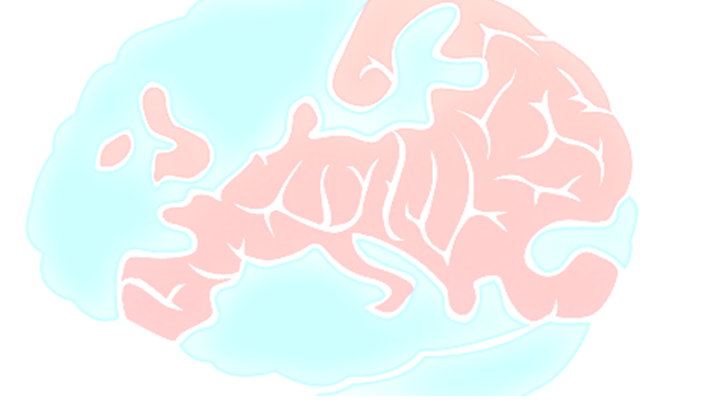
by Raluca Idor. Originally published on 2013/11/07
On 11th October 2013 the world has celebrated the International Coming Out Day¹, an event which aims to promote diversity and to increase the levels of tolerance towards the people who identify themselves as being gay, lesbian, bisexual or transgender. Besides, this action seeks to encourage these people to publicly admit their sexual orientation, relieving them from a life shadowed by the necessity of hiding. This celebration definitely subscribes to the values of diversity, equality, tolerance, and respect for human rights which are strongly advocated by the European Union and, theoretically, by all its member states.
However, in Romania, there were only a few people this year who had the courage to take a stand and “come out”, since being different could pose a serious threat to their social life and the ways in which others (not only ordinary people, but also the authorities) treat them. Unfortunately, ten years after adopting the 2000 Anti-Discrimination Law and six years after joining the European Union, Romania remains tainted by discrimination. Having been a way to address the “problem” of variety in this country for a long time, discrimination has gained the status of an acceptable social practice.
According to a report by the National Centre for Combating Discrimination (NCCD) from December 2011, 51% of the population considers discrimination to be a big problem, while 44% think that discrimination is nothing serious. Moreover, only 49% thinks that discrimination takes place often, while 11% think that there is no discrimination at all². Although there are voices that denounce the unfavourable situation of the Roma minority, sexual minorities remain the most attacked group until today, with the introduction of legislative drafts aimed at restricting their rights and the acts of aggression taking place every year during the diversity marches, which remain either uninvestigated or unsanctioned.
An example of legislature discriminating against sexual minorities is the new Civil Code adopted in July 2009, to enter into force at a later date, which includes a specific prohibition of same-sex partnerships and marriages, including denial of recognition of partnerships and marriages legally registered in other countries (even if contracted between foreign citizens). Moreover, transgender persons cannot invoke any legal protection as the Romanian legislation does not provide for clear and predictable procedures and standards applicable to their situation.
Thinking of the factors that provoke discrimination, most of them are considered to be corruption, poverty, and the lack of education and employment possibilities. In my opinion, despite these reasons that may somehow explain people’s attitudes, there are more important underlying factors that feed discrimination.
When speaking about a country such as Romania, we cannot forget to take into account its communist legacy. In a country that for more than 40 years ignored any idea of human rights, a change of mentality and attitudes needs time and has to be regularly supported by educational means. People cannot be asked to suddenly change their way of thinking and behaving but they can be educated and informed. A continuous fight against discrimination can eventually lead to an improvement of the current situation.
I strongly believe that this fight should be driven by those who believe that equality should be a reality and not a utopia; by those who consider that skin colour or sexual orientation do not define who we are, by those who see discrimination as a sensitive and dangerous attitude which builds invisible walls between people, dividing them and fostering feelings of hatred. I am confident that there are plenty of them out there. I even had the honour of meeting some of them while fulfilling the tasks implied by my role as EST Ambassador to Romania. Therefore, this article is not a cry of help but an attempt to encourage all those who see diversity as an asset and not as a threat, to take a stand and fight for attitudes which have the power to improve lives, not only in Romania but also in other states. Together we can make discrimination become history and, in this way, make Europe a better place.
¹NCOD was founded in 1988 by Robert Eichberg and the date of October 11 was chosen because it was the anniversary of the 1987 National March on Washington for Lesbian and Gay Rights. More information: http://www.hrc.org/resources/entry/the-history-of-coming-out
²The report is available on http://cncd.org.ro/files/file/Raport%20de%20cercetare%20CNCD_Discriminare.pdf

 The European Union in Space: From exploration and innovation to security and autonomy
The European Union in Space: From exploration and innovation to security and autonomy  The Rise of the Right: The Threat Right-Wing Extremism Poses to Women and Feminist Efforts in Germany
The Rise of the Right: The Threat Right-Wing Extremism Poses to Women and Feminist Efforts in Germany  The silent shield – how special operations safeguard the global supply chain
The silent shield – how special operations safeguard the global supply chain  The Human Factor: How Personality and Psychology Drive Crises
The Human Factor: How Personality and Psychology Drive Crises 


